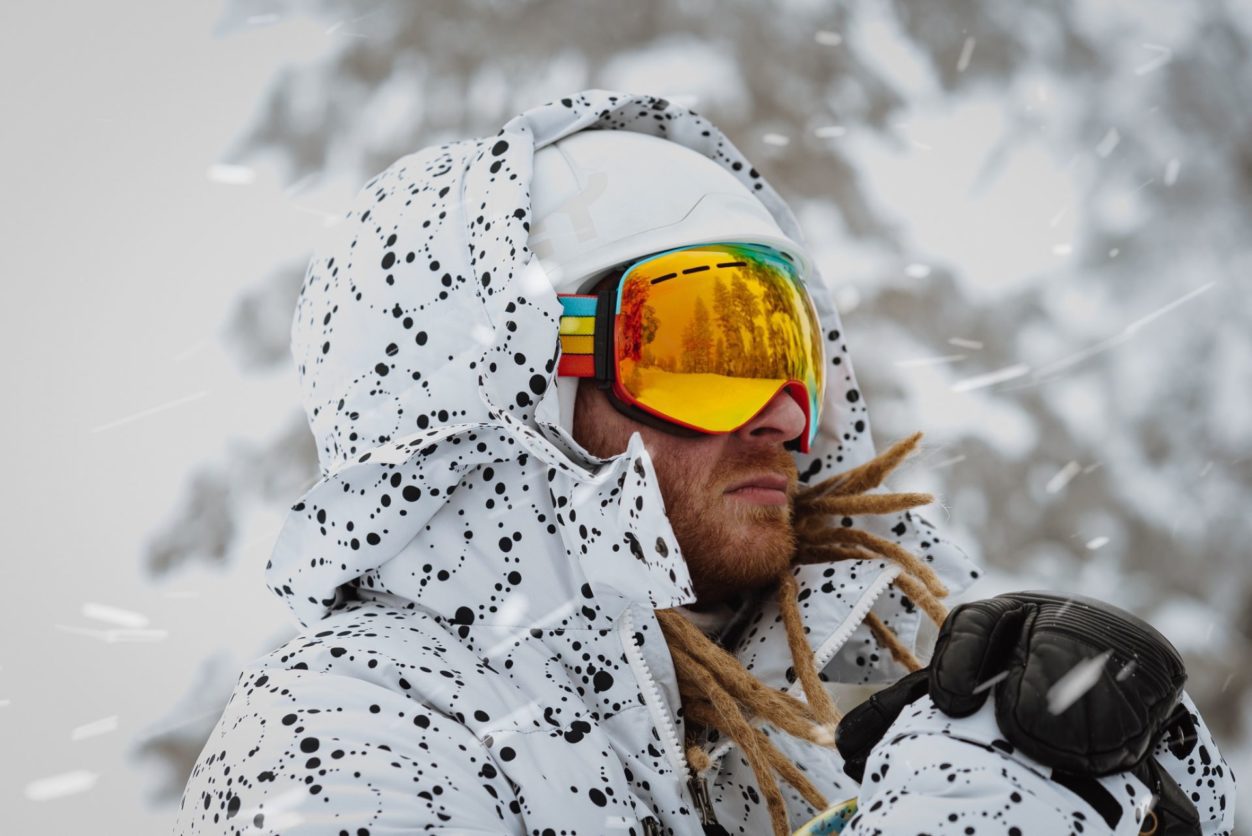No helmet for the hill? That’s okay, but please brings cash or cheques payable to the Nova Scotia Government. As of last week, a new piece of legislation in Nova Scotia, titled, the Snow Sport Helmet Act came into effect mandating that all skiers and snowboarders must wear certified helmets, that fit snugly and are properly fastened (sorry snowboard kids – that baseball batters helmet, worn backwards with some rope for a chinstrap won’t fly anymore). Anyone found not complying with this law will face a fine of $250. No small fee.
Will We See Changes to BC Snow Sport Helmet Laws?
While no legislative initiatives have yet to be tabled, this new law in Nova Scotia will inevitably trigger questions in our own province. California has recently struck down similar legislation making helmets mandatory for all participants, but to the relief of many concerned parents, those under the age of 18 and skiing/snowboarding in California are required to wear helmets or face a paltry $25 fine. A rather modest amount compared to Nova Scotia’s penalty. Whether British Columbia will follow suit is anyone’s guess.
Resort operators also seem to be taking note. In 2010 Intrawest Corp., the one-time operator of Whistler- Blackcomb and Panorama, and currently operating resorts throughout Colorado, Vermont, and Quebec declared it company policy for all on-duty employees as well as terrain park participants to wear certified helmets.
The Snow Sport Helmet Act in Nova Scotia is believed to be the first of its kind in the world, and perhaps this law is simply catching up with what is already common hat (pun intended). A recent survey conducted last winter by the Canadian Ski Council noted that over 83% of skiers and snowboards already wear certified helmets on the hill. Regardless wearing a helmet is good practice, and the prolificness of helmets worn on the mountain simply reflects this newfound social acceptance.
The information provided above is for educational purposes only. This information is not intended to replace the advice of a lawyer or address specific situations. Your personal situation should be discussed with a lawyer. If you have any questions or concerns, contact a legal professional.
